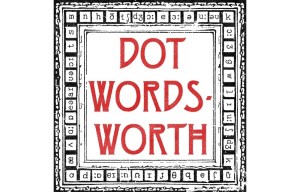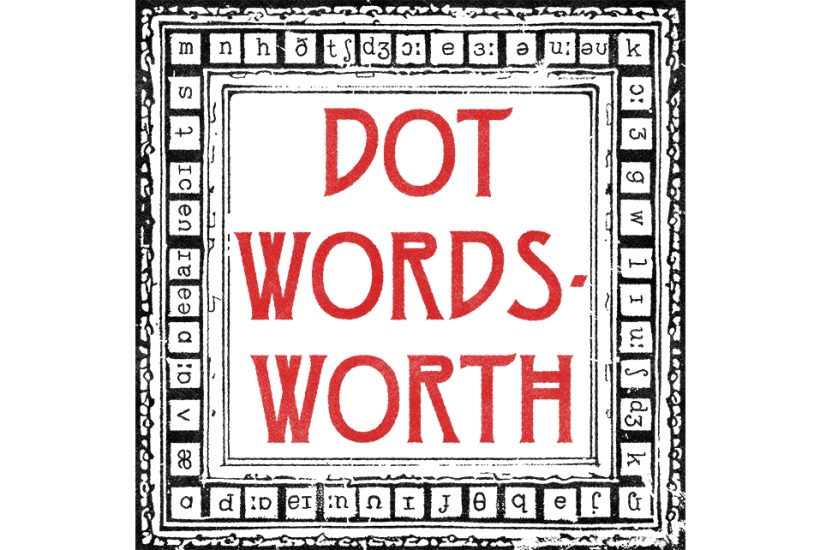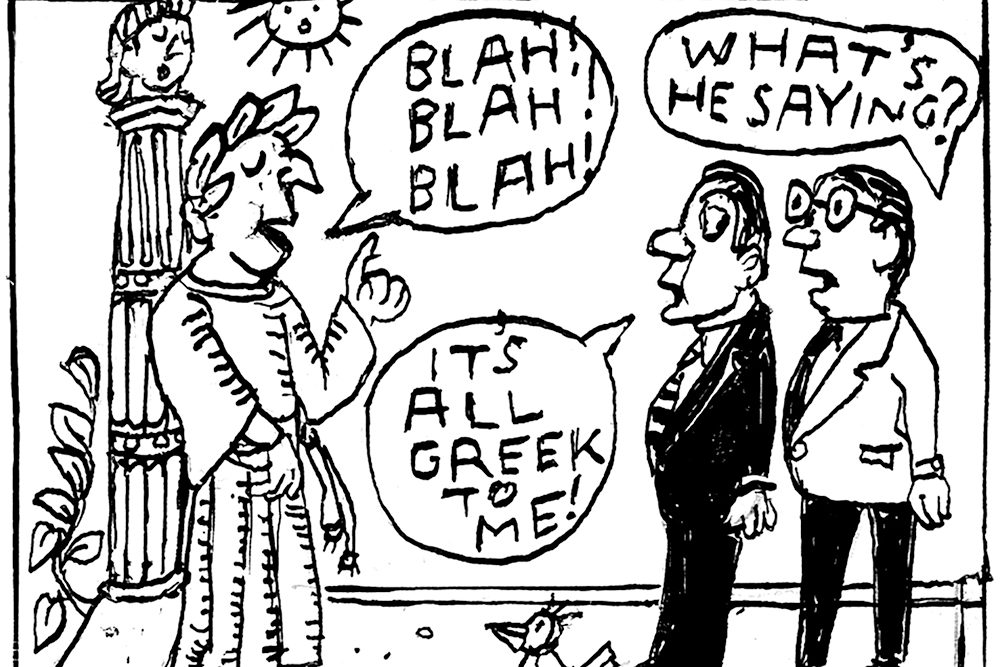In March 1847 the world first read of Mr. Toots saying: “It’s of no consequence.” He went on saying it for the next thirteen months until the last number of Dickens’s Dombey and Son had been published. His embarrassed sallies into affairs of the heart had gained a catchphrase. Mr. Toots’s remark meant ostensibly, “It doesn’t matter,” but I was reminded of it by the warning that the White House issued after the killing of three US servicemembers in Jordan. It promised a “very consequential response.”
To me consequential suggested a different knot of meanings about causal effect. The insurance world thinks of consequential loss not as an immediate result but one further down the chain of causality. Unexpected results provide the humor in the parlor game of consequences. In Sense and Sensibility, Elinor has little chance of a heart-to-heart with Lucy because their circle “met for the sake of eating, drinking, and laughing together, playing at cards, or consequences, or any other game that was sufficiently noisy.” The unpredictable game exemplifies the problem with consequentialism, a philosophical fallacy that says the morality of an action is to be judged solely by its consequences. The word was coined in 1958 by Elizabeth Anscombe in her article “Modern Moral Philosophy.”
But neither foreseen nor unforeseen consequences had much to do with the White House’s promise of a “very consequential response.” It was more like a person of consequence — one who has weight. It resembled a mother telling a child: “Tidy up your room or there’ll be consequences.” In this sense, Jonathan Freedland in the Guardian had said he thought “the battle over a no-deal Brexit was one of the most consequential in recent UK parliamentary history.” Yale University Press offered a new edition of the writings of Samuel Johnson because “no consequential edition of his works has appeared since 1825.” So the White House commitment boiled down to: an act of which it would be impossible to observe: “It’s of no consequence.”
This article was originally published in The Spectator’s April 2024 World edition.






















Leave a Reply